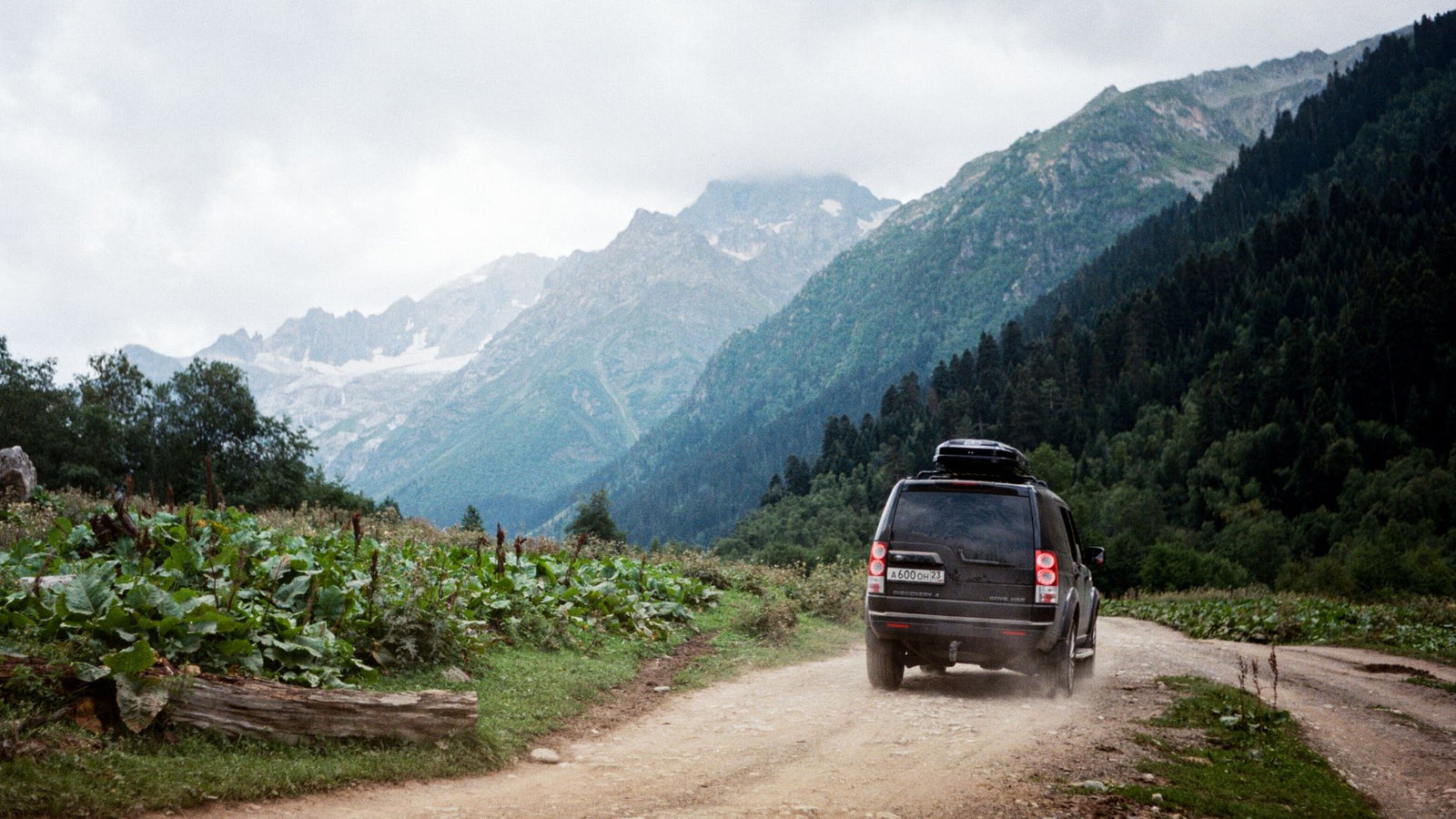Summertime is road trip season, which means many people will be packing up the car and hitting highways across the country. Driving poses many benefits: It’s often cheaper than flying, it creates fewer carbon emissions than taking a plane, and you get to see the sights along the way. Spending days on the road still takes an environmental toll, though, so consider following these tips to make your trip a little greener.
Fuel
While the best way to reduce emissions on a road trip is to take a fuel-efficient vehicle, that isn’t always possible. You can, however, take some steps to use gas more efficiently.
- Use the cruise control. This prevents excessive starting and stopping, which requires more fuel.
- Drive a reasonable speed. Most vehicles get the best gas mileage at around 55 mph. So let up on that lead foot (but of course, always go a safe speed for the road you’re on).
- Be aerodynamic. Many people attach luggage carriers to the top of the car for excess baggage, but this actually creates wind resistance and requires your car to use more gas. Pack as light as you can.
- Check the air conditioning. If you can avoid using the air conditioning, you’ll use less fuel. When the heat is unbearable, turn on the AC and make sure you keep the windows rolled up.
Food
For many people, road trips mean lots of fast food and gas station snacks. Instead, bring a cooler and pack your own snacks. You’ll make fewer stops to eat and avoid the packaging waste that comes with fast food. Pack your own water bottle so you’re not relying on plastic bottled water, and keep a bag for both trash and recycling in your car, then find appropriate receptacles for each when you’re ready to empty them.
Friends & Family
Are you traveling with a lot of people? Take as few vehicles as possible, even if that means you’ll be in close quarters. (Isn’t that the fun of road trips, after all?) Everyone will save money, and you’ll cut carbon emissions significantly. Also plan ahead. Even if you don’t book before you arrive, at least research and discuss hotel or campground choices before you leave so you don’t spend time driving around looking for places to stay (and wasting gas). That way, you can also note which accommodations boast the best green practices — many hotels are now going far beyond just giving you the option to not have bed linens washed every day and are making meaningful changes to reduce their footprints.
People tend to think of cars as gas-guzzlers, but they really can be a decent option for summer travel. Just make sure to consider how you can be as eco-friendly and waste-free as possible before you hit the road.

